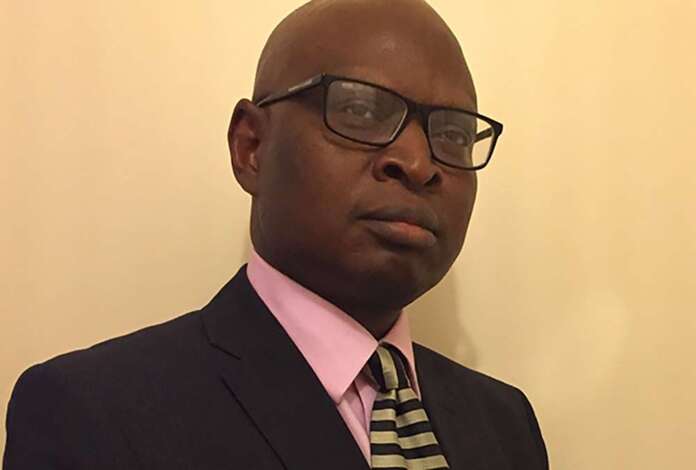By Dr. Kolawole Olaniyan
One Lere Olayinka on Monday posted a so-called press release on his X (formerly known as Twitter) account, with the heading, “How many major cases did you win to become SAN?”, referring to Femi Falana, SAN. This is very ill-judged!
His venomous and deeply personal attacks on Falana, one of the finest advocates of his generation, clearly portray Lere as a grumpy critic! His purported question as to the ‘major cases’ that have been won by Falana reflects either Lere’s wilful ignorance or mischief, or both.
If Lere needed someone to defend him, who would he choose? Falana, a passionate advocate, or his clueless paymaster, on whose behalf he wrote the nonsense?
In case Lere cares to know, Falana is a formidable advocate and a defender of the voiceless, the vulnerable and the disadvantaged, and who has for many decades demonstrated absolute command of the courtroom.
Let’s look at some of Falana’s legal victories in the field of human rights.
Unlike Lere’s paymaster, Falana’s legal career has been devoted to bringing about systemic, material change to peoples’ lives, through law and with law. He wields his legal skills to save others from injustice, as aptly demonstrated by his very successful representation of civil society organizations and victims of human rights violations at the ECOWAS Court of Justice in Abuja and the African Commission on Human and Peoples’ Rights in Banjul.
His winning appearance for SERAP in July 2022 in the Twitter (X) ban case is one of several legal victories over the government’s abuse of power and crackdown on human rights, something which clearly has given Lere a chance to express himself on X.
In November 2010, Falana won another landmark decision for SERAP from the ECOWAS Court of Justice, which declared for the first time that the right to education is a legally enforceable human right in Nigeria.
Falana also won a major legal victory for SERAP when the ECOWAS Court of Justice in March 2022 ordered the Nigerian government to amend the repressive provisions of the Cybercrime Act and bring them in conformity with the country’s international human rights obligations.
In June 2008, Falana successfully defended a Gambian journalist Ebrimah Manneh at the ECOWAS Court of Justice. In the case, the court ordered the Gambian government to release Ebrimah and to pay him $100,000.00 as compensation for his unlawful arrest and detention.
Through Falana’s brilliant legal advocacy on behalf of SERAP, the African Commission on Human and Peoples’ Rights in October 2009 ordered the Libyan authorities to stop the execution of Nigerians on death row in that country. Following the Commission’s decision, Libya under the late Muammar Gaddafi suspended the execution of Nigerians on death row.
In September 2022, Falana persuaded the African Court on Human and Peoples’ Rights to denounce the Moroccan occupation of Western Sahara as a serious violation of the Saharawi people’s right to self-determination. The court has upheld the right to self-determination and independence of the Saharawi people and underlined the obligation of African States to assist it. The decision has reverberated throughout the African regional human rights system.
Falana routinely provides pro bono legal services– without a fee–to victims of human rights violations.
Falana brings clarity and insight to complex legal concepts through his excellent work as a writer and academic. He has written extensively about the law, human rights and the ECOWAS Court of Justice, including his seminal books on Fundamental Rights Enforcement (2004), ECOWAS Court: Law and Practice (2010), and Nigerian Law on Socio-Economic Rights (2017).
Falana is deeply principled and utterly independent. His outstanding achievements are a product of his deep commitment to human rights, social justice, the legal profession and a fearless approach to the practice of law, as well as to the rule of law.
The ECOWAS Court regularly pay tribute to his legal advocacy skills and the mark he has made (and continues to make) on the case-law of the court. The International Bar Association in 2008 saluted his abilities by awarding him the prestigious Bernard Simons Memorial Award.
These are the qualities and achievements to which Lere’s paymaster ought to aspire.
What, exactly, does Lere’s paymaster stand for?
Will Lere tell Nigerians the intellectual contribution of his paymaster to the development of the legal profession and legal jurisprudence? Or shut up!
Kolawole Olaniyan, PhD, is the author of Ownership of Proceeds of Corruption in International Law, Oxford University Press (2023)
The views expressed by contributors are strictly personal and not of Law & Society Magazine.





